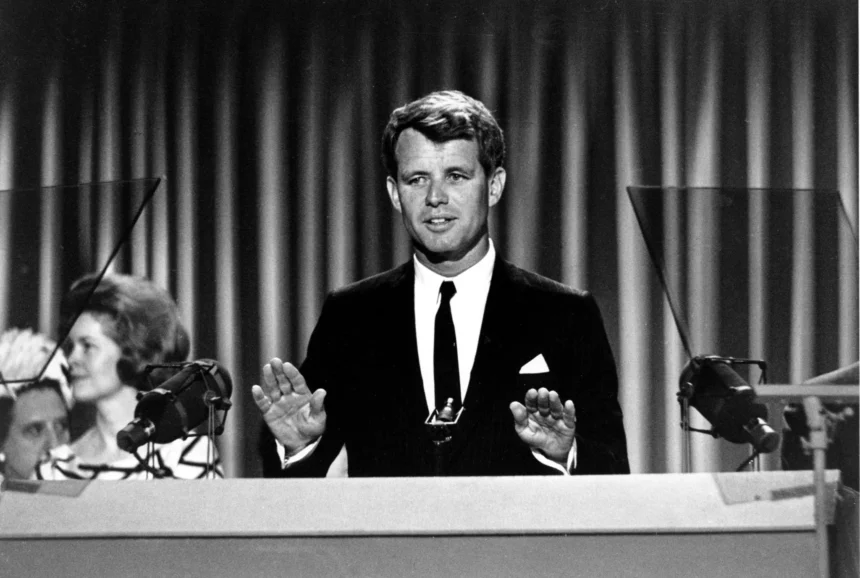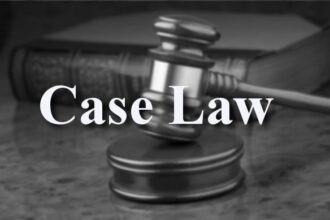The Lasting Legacy of Robert F. Kennedy: A Life Dedicated to Justice and Change
Introduction
- Brief overview of Robert F. Kennedy’s life and the turbulent era he lived through.
- Mention his roles as U.S. Attorney General, Senator, and Presidential candidate.
- Emphasis on his enduring legacy in civil rights, social justice, and poverty alleviation.
Early Life and Family
- Discuss Robert’s early life, education, and influences from his famous family.
- Talk about the Kennedy family’s emphasis on public service and politics.
Rising Political Career and Attorney General Tenure
- Detail his role as U.S. Attorney General under his brother, President John F. Kennedy.
- Major achievements: combatting organized crime, supporting civil rights.
- His approach to justice and dedication to equality, leading pivotal initiatives.
1968 Presidential Campaign and Vision for America
- Analysis of his 1968 campaign and how he sought to unite the nation.
- His stance on poverty, education, and racial justice.
- The emotional response from diverse communities to his assassination.
Table: Key Milestones in Robert F. Kennedy’s Life
| Year | Event | Significance |
|---|---|---|
| 1925 | Born in Brookline, Massachusetts | Birth of Robert, who would later become an influential leader in U.S. politics. |
| 1961 | Appointed U.S. Attorney General | Initiated aggressive actions against organized crime and supported civil rights. |
| 1964 | Elected Senator from New York | Shifted focus to social issues, poverty, and economic justice. |
| 1968 | Presidential campaign | Gained widespread support for social justice; tragically assassinated in June. |
Legacy and Lasting Impact
- Reflect on his contributions to civil rights and how they inspire today’s leaders.
- Highlight his legacy in public policy, social justice, and community empowerment.
Conclusion
- Summarize the significance of RFK’s vision for America and its relevance today.







